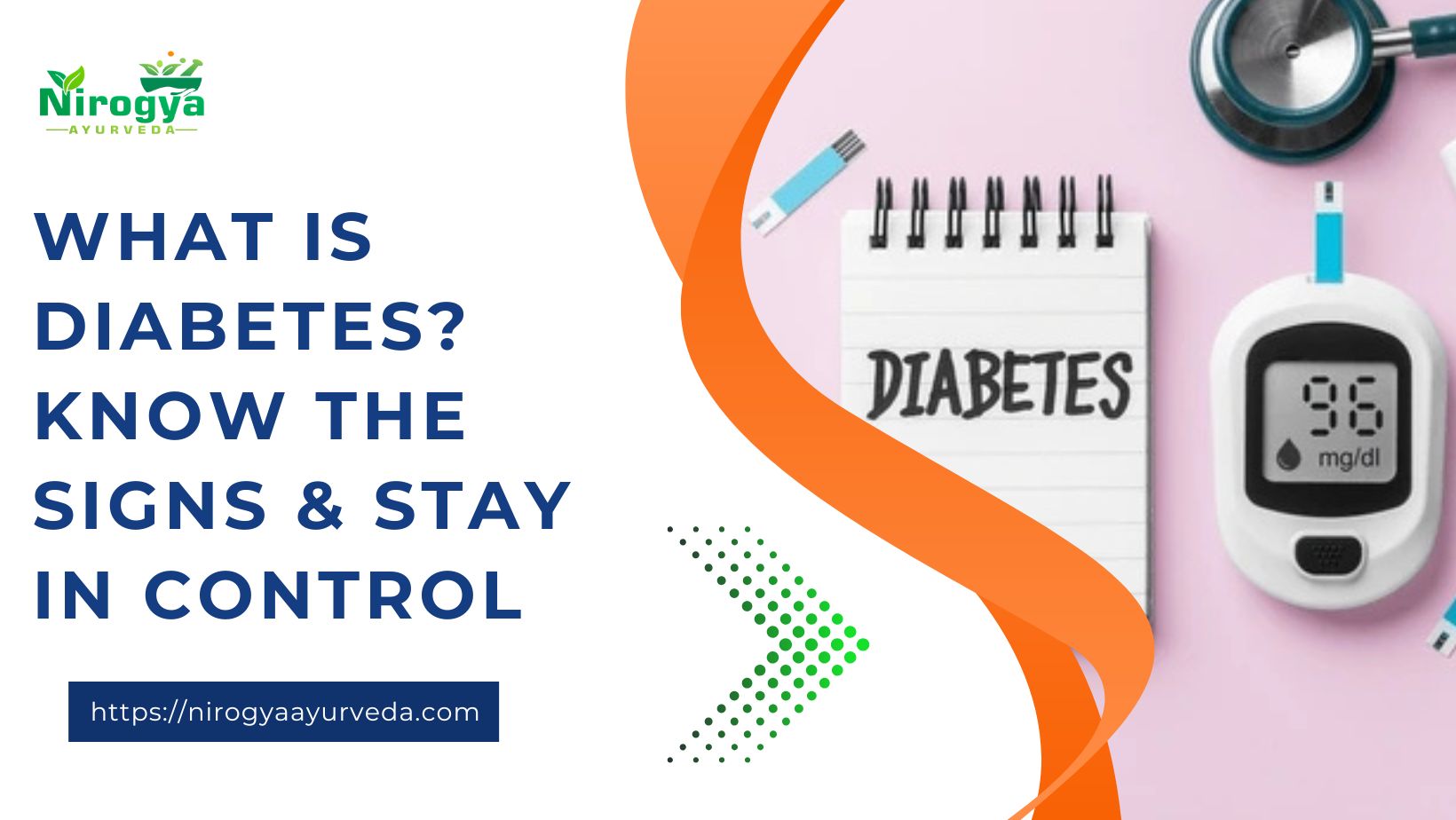Diabetes affects about 37 million Americans today, making it one of the most common health problems. This condition makes blood sugar levels stay too high inside the body for long periods. Learning about diabetes helps people make better health choices plus avoid serious problems later.
Many young people think diabetes only affects older adults, but that’s not true anymore. Kids can develop Type 1 diabetes, while teens plus adults often develop Type 2 diabetes over time.
What is Diabetes?
Diabetes happens where the body can’t control blood sugar levels properly throughout the day. The pancreas makes insulin, which helps cells use sugar for energy like gas in cars. Sometimes the pancreas doesn’t make enough insulin, or cells don’t respond to insulin correctly.
There are three main types that doctors treat regularly in their medical practice. Type 1 develops during childhood or teenage years, Type 2 appears later in life, plus gestational diabetes affects pregnant women only.
Causes of Diabetes
Different types occur from various causes throughout people’s lives in different ways. Type 1 happens where the immune system attacks insulin-producing cells in the pancreas by mistake. Scientists don’t fully know why this immune attack starts happening in certain people.
Type 2 diabetes develops where cells become resistant to insulin over many years. Being overweight, eating too much sugar, plus not exercising enough can cause this resistance. Family genes also play a major role in who develops diabetes.
Meanwhile, gestational diabetes occurs where pregnancy hormones make cells resist insulin temporarily. This type usually goes away after the baby is born successfully.
Symptoms of Diabetes
Common early signs include drinking lots of water, urinating frequently, plus feeling tired constantly. People also experience blurry vision, slow-healing cuts, plus sudden weight loss without trying hard.
These symptoms often get ignored because they seem minor at first glance. However, these signs become much worse if diabetes goes untreated for months or years. Some people don’t notice symptoms until blood sugar gets dangerously high.
Use Coupon Code: FIRSTCONSULT during checkout of booking consultation Worth Rs 500.
Risk Factors of Diabetes
Several things increase the chances of developing diabetes during someone’s lifetime significantly. Family history plays a major role in both Type 1 plus Type 2 diabetes development.
Other risk factors include:
- Being overweight or obese for years
- Lack of regular physical activity daily
- Eating too many sugary processed foods
- Age over 45 years old
Women who had gestational diabetes also face higher risks of developing Type 2 later. Certain ethnic groups like Hispanic, African American, plus Native American people have higher diabetes rates.
Complications of Diabetes
Untreated diabetes can damage many parts of the body over several years slowly. High blood sugar hurts blood vessels, nerves, plus organs throughout the entire body. These problems develop gradually, so people don’t notice them right away.
Serious complications include heart disease, kidney damage, plus nerve problems in hands or feet. Eye damage can also occur, sometimes leading to blindness if not treated properly. Foot problems might require amputation in severe cases that go untreated.
Diagnosis of Diabetes
Doctors use simple blood tests to check for diabetes in their patients regularly. The A1C test shows average blood sugar levels over three months accurately. Fasting blood sugar tests check glucose after not eating overnight for hours.
Random blood sugar tests can also detect diabetes if levels stay above normal ranges. These tests help doctors diagnose diabetes before serious complications develop in patients. Early detection makes treatment much more effective over time.
Prevention of Diabetes
Type 1 diabetes can’t be prevented because it’s an autoimmune condition beyond control. However, Type 2 diabetes can often be avoided through healthy lifestyle choices daily.
Eating balanced meals, exercising regularly, plus maintaining healthy weight reduces diabetes risk significantly. These simple steps make a huge difference over many years of practice. Even small changes like walking more or eating fewer sweets help.
Ayurvedic Perspective on Diabetes
Ancient Ayurvedic medicine calls diabetes “Madhumeha,” which means sweet urine in Sanskrit. This traditional system views diabetes as a problem with digestion plus metabolism. Ayurveda has treated diabetes for thousands of years using natural methods.
This healing system focuses on balancing the three doshas: Vata, Pitta, plus Kapha energy. Diabetes often occurs where these energy systems become imbalanced inside the body. Stress, poor diet, plus lack of exercise create these imbalances.
Ayurvedic Treatments for Diabetes
Traditional herbs like bitter gourd, fenugreek, plus turmeric help control blood sugar naturally. These plants contain compounds that improve how cells respond to insulin effectively. Ayurvedic doctors have used these herbs for centuries with good results.
Panchakarma treatments also help cleanse the body plus restore proper functioning gradually. These therapies include special diets, herbal medicines, plus detoxification procedures designed specifically. Yoga plus meditation also play important roles in Ayurvedic diabetes treatment.
Home Remedies for Diabetes
Natural remedies can support regular medical treatment for diabetes management at home. Cinnamon powder mixed in warm water may help lower blood sugar levels naturally. Many people report good results from this simple remedy.
Apple cider vinegar before meals might improve how the body processes sugar effectively. Green tea also provides antioxidants that benefit people with diabetes every day. These remedies work best alongside proper medical care plus healthy eating.
Diet plus Lifestyle Tips for Diabetes
Eating whole grains instead of white bread helps keep blood sugar stable throughout. Fresh vegetables, lean proteins, plus healthy fats should fill most meals daily. Portion control also matters more than most people think it does.
Regular exercise like walking, swimming, or biking helps muscles use glucose better naturally. Getting enough sleep also plays an important role in blood sugar control. Stress management through relaxation techniques helps maintain healthy glucose levels too.
Myths plus Facts about Diabetes
Many people believe eating too much sugar directly causes diabetes, but that’s not accurate. While sugary foods contribute to weight gain, diabetes has more complex causes. Type 1 diabetes has nothing to do with sugar intake at all.
Another myth suggests people can’t eat fruit if they have diabetes completely. Actually, fresh fruits provide nutrients plus fiber that help control blood sugar. The key is eating appropriate portions plus pairing fruits with protein.
When Should You Consult a Doctor?
Anyone experiencing diabetes symptoms should see a doctor right away for testing. Early treatment prevents serious complications from developing over many years ahead. Don’t wait for symptoms to get worse before seeking help.
Regular check-ups help monitor blood sugar levels plus adjust treatments as needed. People with family history should get tested regularly even without symptoms.
Frequently Asked Questions (FAQs)
Can diabetes be cured completely? Type 1 diabetes currently has no cure, but Type 2 can sometimes be reversed through lifestyle changes. Many people manage diabetes successfully with proper treatment plus healthy habits.
Is diabetes contagious? No, diabetes cannot spread from person to person like a cold. However, family members often share similar risk factors like genes plus eating habits.
Conclusion
Diabetes is a serious condition that affects millions of people worldwide every year. However, proper treatment plus healthy lifestyle choices help people live normal, happy lives. Early detection plus consistent management prevent most serious complications from developing over time.

